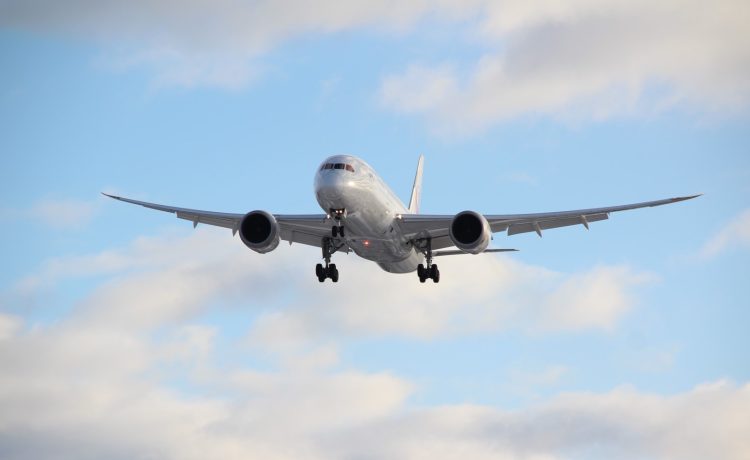The establishment of the new airline, Riyadh Air, is anticipated to have a significant impact on Saudi Arabia’s economy, with projected contributions of $20 billion to the non-oil GDP growth and the creation of over 200,000 job opportunities, both directly and indirectly. These figures are a testament to the government’s commitment to diversifying the country’s economy and reducing its dependence on oil as the main revenue source.
By adding another airline to its transportation sector, Saudi Arabia aims to enhance its connectivity with other regions of the world, boost tourism, and stimulate trade and investment. This move is also expected to generate competition with other regional airlines, such as Emirates, Qatar Airways, and Turkish Airlines, which could ultimately benefit consumers by offering more choices and potentially lowering airfare prices.
Furthermore, the establishment of Riyadh Air aligns with Saudi Arabia’s Vision 2030 plan, which aims to transform the country into a global investment powerhouse and a hub for trade and commerce. By investing in the aviation sector, the government is taking a proactive step towards achieving its long-term economic goals and fulfilling its vision for a more diversified and prosperous economy.
As per insider information in October, Saudi Arabia was in the final stages of discussions with Airbus to purchase around 40 A350 planes, while Boeing Co was also competing to secure a share of the kingdom’s transportation expansion. The head of the state-owned Saudi Arabian Airlines confirmed that negotiations were underway with both manufacturers for orders for the airline and the newly planned carrier. The move to acquire new aircraft is part of the government’s broader efforts to modernize its transportation infrastructure, improve air connectivity, and promote economic growth.
Flights to Riyadh
|








